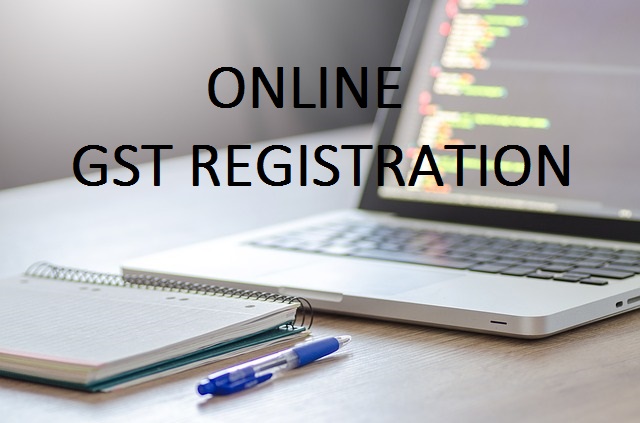The Goods and Services Tax is the biggest tax-reform post-independence of India. Although its implementation, one way or the other, has shaken every business be it big or small, the concern of the freelancers of the nation about the GST is genuine. Since the section of the Indian society that comprises the freelancers and online marketers is expanding, the matter of compliance with taxation, that too of such a diversified and newfangled system, becomes important.
The rules and regulations of the new taxation regime came out with a big blow to all the businesses with the people and organizations making abrupt judgments and predictions about the GST. That particular premature reaction actually scared the businesses more than it could have post-implementation. Still the normal businesses of the country, regardless of the complications, started complying with the GST because they were exposed to a clear draft of what the new taxation regime actually says.
As far as the freelancers are concerned, those earning less than INR 20 lakhs in a year are exempted from GST. And the earning amount reduces to INR 10 lakhs for specially selected states of India. And if the business is liable to pay tax and is registered under the GST Act, then the government gives a liberty to file quarterly tax returns, making it easier for the freelancers as a normal business is required to file a total of 37 returns in a financial year.
In case your income is more than INR 20 lakhs, then you would definitely have to register for the GST following applying for a GST number. Although, if you submit the Letter of Undertaking to the government, the GST levied on your export income would be 0%. Keeping the nature of the freelancing job and payments in the mind, the registration under the Goods and Services Act is made compulsory. The primary reason behind the compulsion is the payments made by the foreign companies to the freelancers as the job is not area-restricted.

What else is in the package?
The incomes that are received via AdSense, affiliate means, and foreign registered company, are considered as export income. And if the blogger has not submitted the Letter of Undertaking to the government, then he/she would be liable to pay 18% tax levied on all of his/her export income.
As the standard rate of the GST is 18% for those providing services like digital marketing, content writing and graphic designing online, they have to use linked SAC number for their service. And the invoices these businesses prepare should clearly mention all the mandatory details from the name of the company to its GST number and even the client’s GST number (in case the service is B2B).
To state the true fact, there is an exemption for the businesses having annual revenue up to INR 10 lakhs in the following states:
- Arunachal Pradesh
- Assam
- Manipur
- Meghalaya
- Mizoram
- Nagaland
- Sikkim
- Tripura
- Jammu & Kashmir
- Himachal Pradesh
- Uttarakhand
Moreover, the small businesses are not required to register their company name as Pvt Ltd during the GST registration online process, which also adds a high cost to the business. A freelancer or a small firm can register the business under its/his name because PAN card serves as the main identity aspect for the GST compliance. Sooner or later, being a freelancer, one must have to register under the GST Act because every big firm nowadays, prior assigning the work, ask for the GST registration status of the person.
Make the GST registration online
When a business is ready to comply with the rules of the new taxation regime, whether small or big, it should approach an online medium to register under the act. Choosing an online medium gives the user an authentic access to become a registered and liable taxpayer of the nation. To this extent, the registration done by using an online medium has proved to reduce hassle, cut cost, and even add pace to the process of the registration. On the end note, every freelancer and online marketer must comply with the biggest tax reform of the nation and keep their businesses unharmed.




